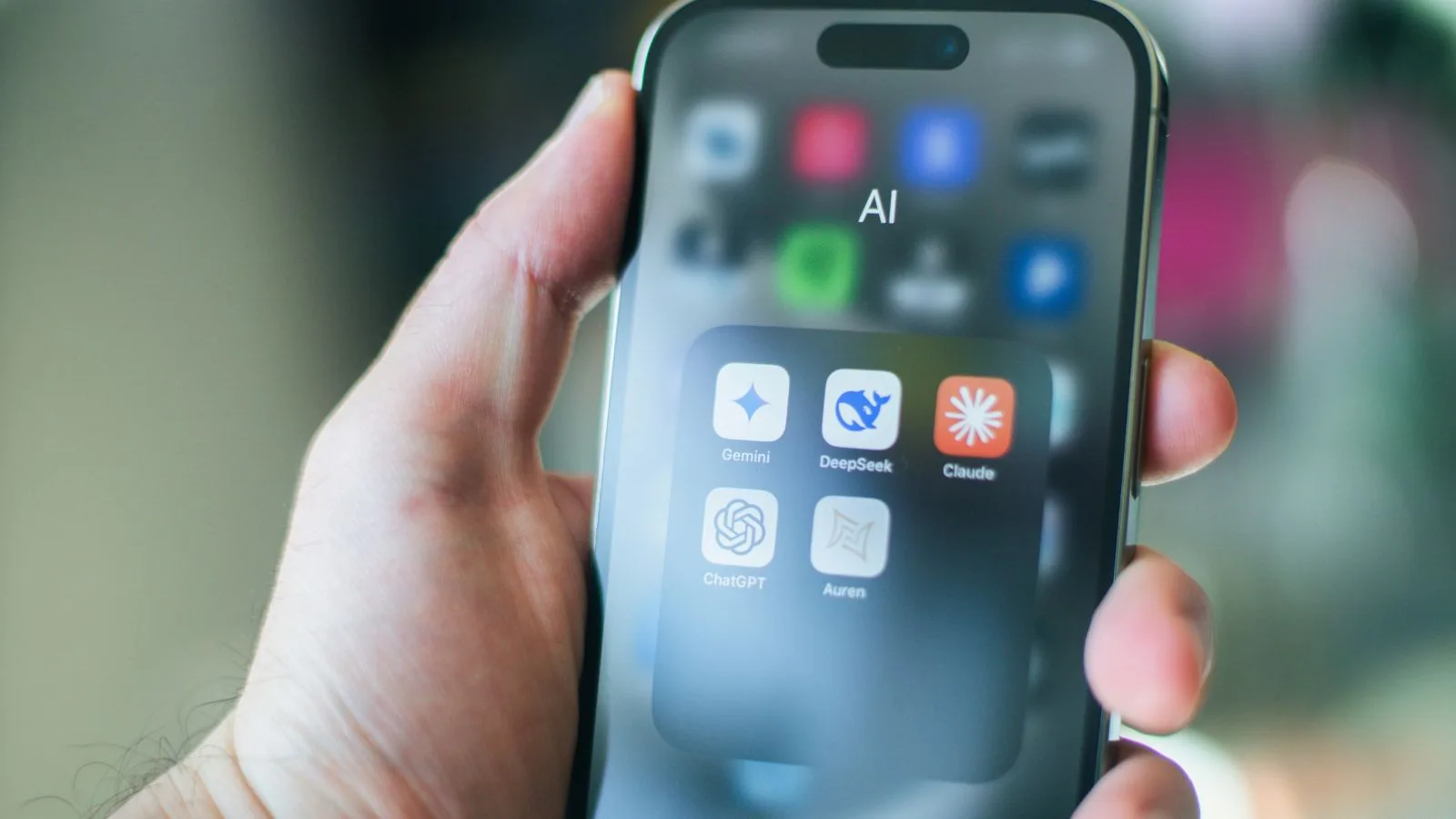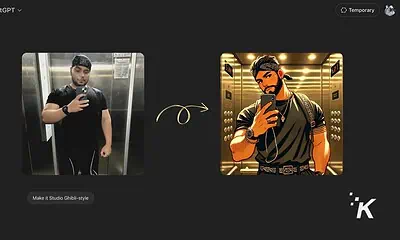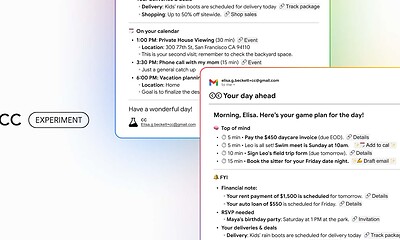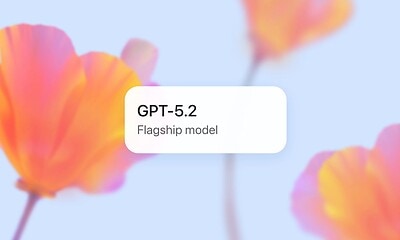AI
Americans want AI out of their dating life and religion
Half of the respondents said they’re more worried than thrilled about AI creeping into their daily lives.

Just a heads up, if you buy something through our links, we may get a small share of the sale. It’s one of the ways we keep the lights on here. Click here for more.
A new Pew Research study suggests that Americans are meeting the AI boom with more side-eye than excitement.
Half of the respondents said they’re more worried than thrilled about AI creeping into their daily lives.
That’s slightly down from 52% in 2023, but way up from just 37% in 2021, a sign that unease is hardening into the default mood.
So what’s bothering people? For starters, there’s a fear that AI could make humans less creative and less capable of forming meaningful connections.
Basically, if your brain feels mushy after asking ChatGPT to write a birthday card, you’re not alone.
And when it comes to romance, the rejection is even clearer: two-thirds of Americans don’t want AI anywhere near their dating lives.
Only 18% think it should play any role at all in matchmaking, and just 3 percent are cool with it playing a “big role.”
Religion is another no-go zone. A hefty 73% of people said AI has no business offering spiritual advice.
Americans are fine with AI helping predict the weather or crunching medical data, but they’d like it to stay far, far away from their hearts and souls.
Misinformation was also a top concern. 18% named it their number-one fear, and while many said it’s important to be able to tell human work from machine output, more than half admitted they aren’t confident they can actually do it.
Here’s the twist: it’s younger people, not older ones, who are more freaked out. 57% of Americans under 30 worry that AI will erode human abilities, compared to just 46% of seniors. (Via: The Verge)
Usually, younger generations embrace new tech first. This time, they’re the ones hitting the brakes.
Overall, 61% of Americans want more control over how AI is used in their lives, but 57% feel they have little to no control.
The takeaway? While Silicon Valley is busy selling AI as our future, the average American seems less convinced and more interested in keeping it out of their dating apps than putting it in their prayers.
Do Americans’ concerns about AI in dating and religion reflect legitimate worries about technology overreach, or are these just natural resistance to change that will fade over time? Should it worry tech companies that younger generations are more skeptical about AI eroding human abilities, or does this skepticism actually show healthy critical thinking about new technology? Tell us below in the comments, or reach us via our Twitter or Facebook.

































